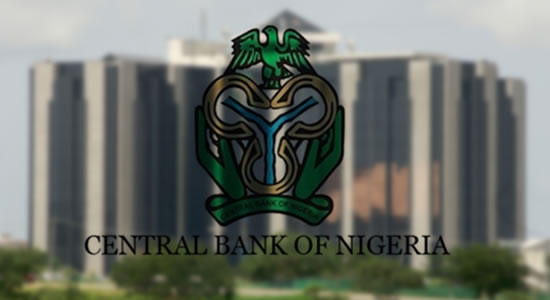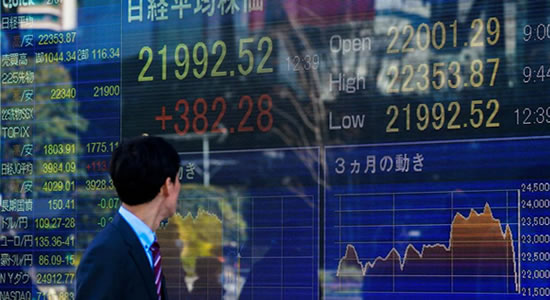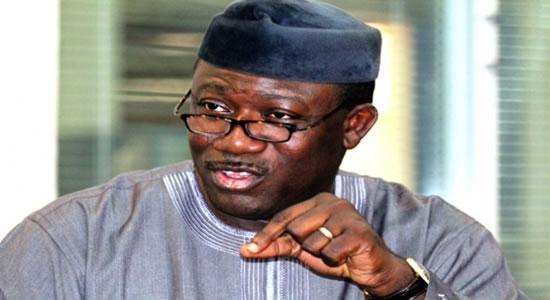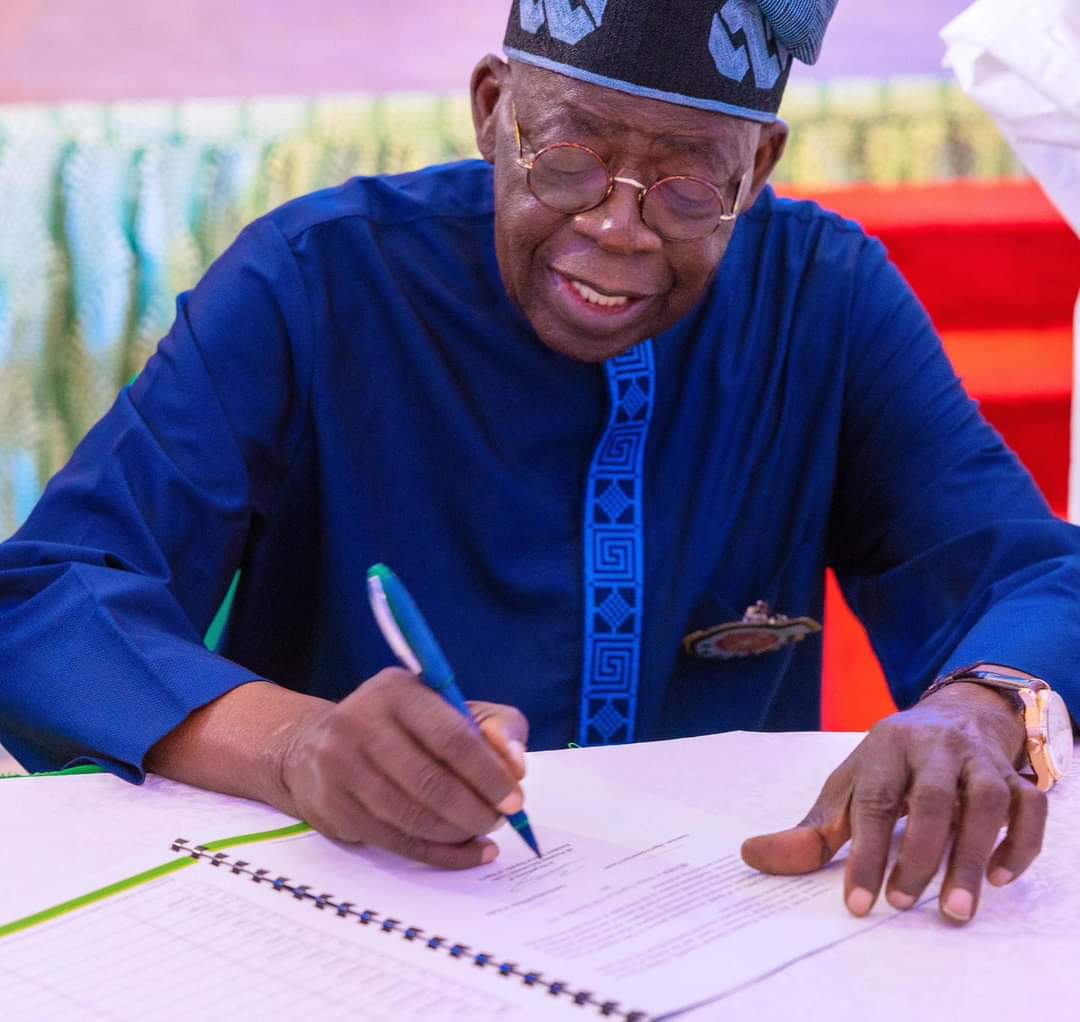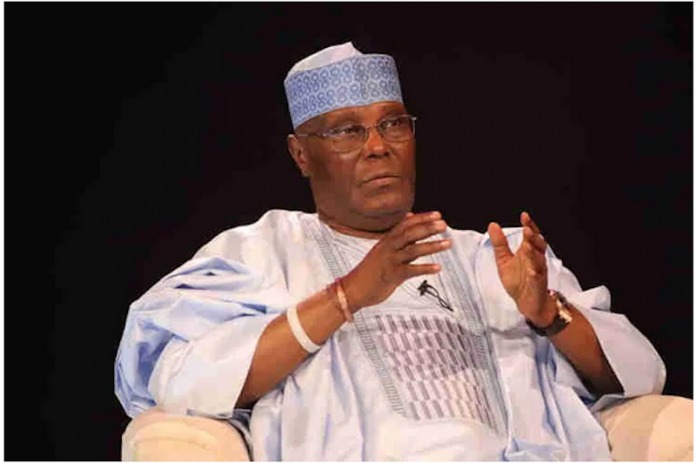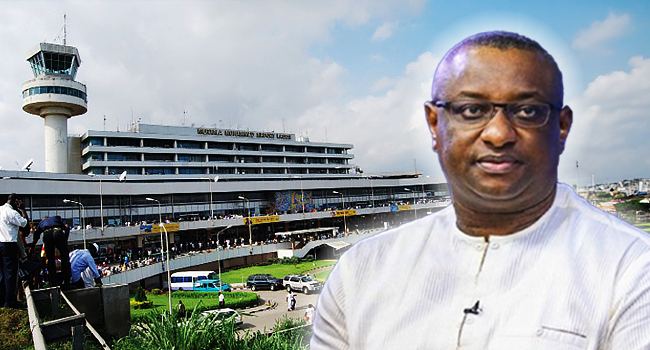The Presidency has explained why President Muhammadu Buhari is yet to sign the 2018 Appropriation Bill, which was recently passed by the National Assembly, into law. The Minister of Budget and Planning in a chat with State House correspondents at the Presidential Villa on Monday said President Muhammadu Buhari was still reviewing the 2018 Appropriation Bill and would sign it into law after the exercise.
Banks’ Daily Borrowing From CBN Hit N216b
Banks’ average daily loan requests from the Central Bank of Nigeria (CBN) stands at N216.34 billion due to the apex banks’s tough monetary policy, according to a CBN’s Financial Market Department Annual Activity Report.
The Monetary Policy Rate (MPR) – benchmark interest — has remained at 14 per cent since July 2016 despite rising calls from economic experts for a lower interest rate. This has raised banks’ demand for CBN’s loans to boost their liquidity.
The loans, which came as Standing Lending Facility (SLF), were for each of the 246 days captured in 2017, out of which Intra-day Liquidity Facility (ILF) conversion was N130.63 billion, representing 60.38 per cent of the total request.
Global Stocks Rises As Political Tensions Ebb
World stocks rose and bond yields fell on Friday as investors welcomed the apparent end to a political crisis in Italy and shrugged off a change in Spain’s leadership, although prospects of a full-blown trade war curbed the gains.
The MSCI All-Country World index, which tracks shares in 47 countries, rose 0.3 percent. It was set for a third week of losses, however, brought on by the risks of a snap election in Italy.
Late on Thursday, leaders of Italy’s anti-establishment parties revived coalition plans, apparently ending three months of political turmoil. The new government was being installed on Friday.
Morocco Economy Grew By 4.1% In 2017
Morocco’s economic growth surged to 4.1 percent last year, as heavy rains boosted output in the labor-intensive agricultural sector, the state planning agency said in a preliminary report.
The rise in gross domestic product outstripped an anemic 1.1 percent in 2016, when agricultural output shrank nearly 14 percent as the country endured one of its driest years in three decades. In 2017, output in the key sector rose 15.4 percent.
CBN Confirms The Resignation Of Adelabu As Deputy Governor
The Central Bank of Nigeria (CBN) has confirmed the disengagement of its Deputy Governor in charge of Operations, Mr. Adebayo Adelabu, with effect from July 15, 2018.
According to a statement, by Isaac Okorafor, Ag. Director, Corporate Communications, the disengagement was said to have been formally accepted by President Muhammadu Buhari.
In a letter dated May 24, 2018 and personally signed by him, President Buhari was said to have thanked Mr. Adelabu for his services to the country and wished him the best in his future ambitions.
Breach Of Local Content Laws: Senate Vows To Investigate International Oil Companies, NNPC
Alarmed by the non patronage of a multi-million dollar internationally certified Nigerian Pipe Manufacturing and Coating Company, SCC Nigeria Limited by International Oil Companies (IOCs) and Nigeria National Petroleum Corporation (NNPC), contrary to the Nigeria Oil and Gas Industry Content Development (NOGICD) Act since 2014, the Nigerian Senate says it would soon commence investigation into the matter.
Mines Ministry Increased Export By 592% In 2 Years
Dr Kayode Fayemi, the outgoing Minister of Mines and Steel Development has said that the revenue from exports in the mining sector increased by 592 per cent between 2016 and 2017. Fayemi made this known while giving account of his stewardship in the last two years in Abuja.
SEC Restates Need For Corporate Governance In Business
The Securities and Exchange Commission (SEC) has restated the need for business owners in the country to embrace corporate governance as a desirable option. The Acting Director-General of SEC, Ms Mary Uduk, in a statement, said that this would help grow their enterprises, improve shareholders’ funds and improve profitability on a sustainable basis.
Oil Prices Rally As Crude Inventories Shrink, OPEC’s Supply Decision In Focus
Crude oil prices moved higher today after the Energy Information Administration reported a draw in crude oil inventories of 4.2 million barrels for the week to May 25, a day after the API pressured benchmarks by estimating an unexpected inventory increase of 1 million barrels for the period.
U.S. Allies Retaliates, Imposes Tariffs On American Products
Canada and Mexico retaliated on Thursday after Washington imposed tariffs on steel and aluminum imports while the European Union had its own reprisals ready to go, reviving investor fears of a global trade war.
Germany’s Economy Minister said early on Friday the EU might look to coordinate its response with Canada and Mexico.
The tariffs, announced by Commerce Secretary Wilbur Ross, ended months of uncertainty about potential exemptions and suggested a hardening of the U.S. approach to trade negotiations.
U.S. Stocks Lose 200 Points Amidst Global Uncertainty
U.S. stocks opened sharply lower on Tuesday as investors switched cash into perceived safe havens of global financial markets due to a deepening political crisis in Italy and Spain.
Reuters reported that the Dow Jones Industrial Average lost 200 points, as the market began trading.
Initially, the Dow Jones .DJI fell 146.50 points, or 0.59 percent, at the open to 24,606.59.











